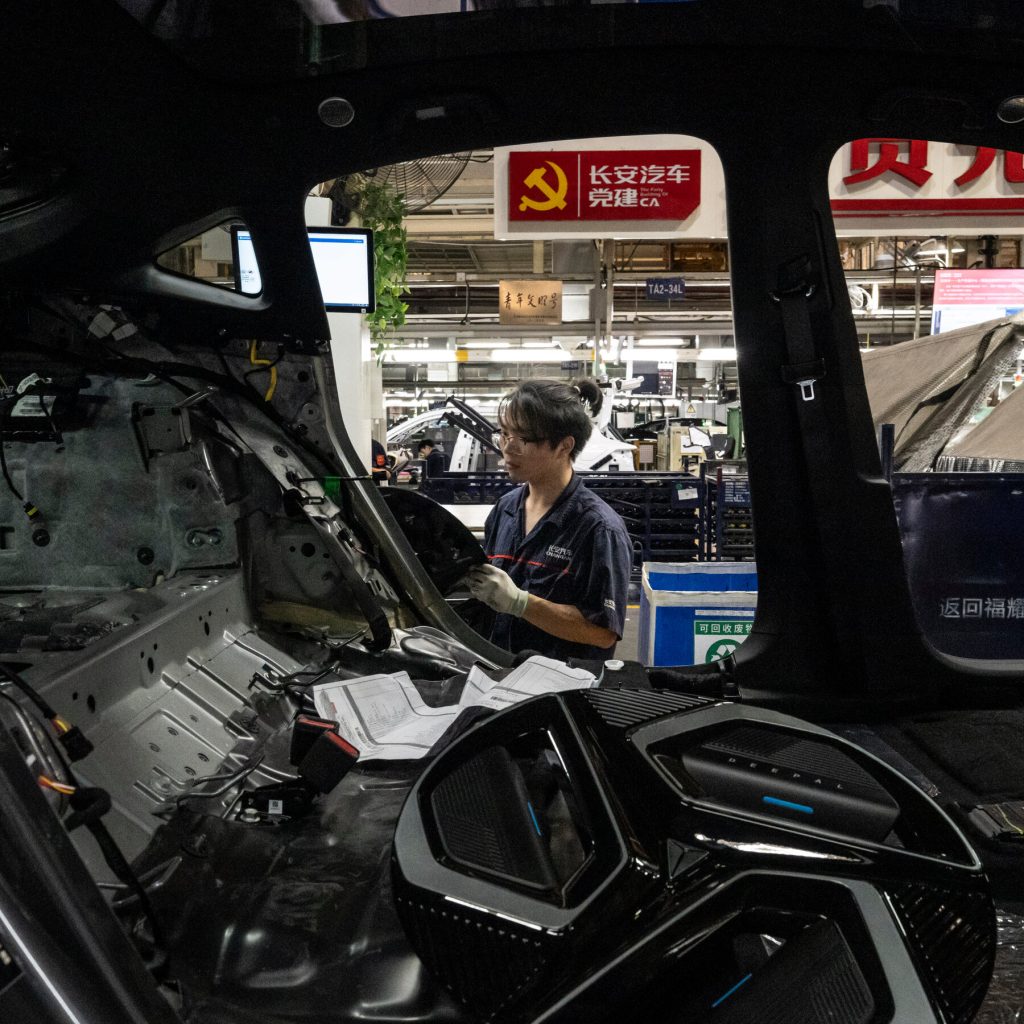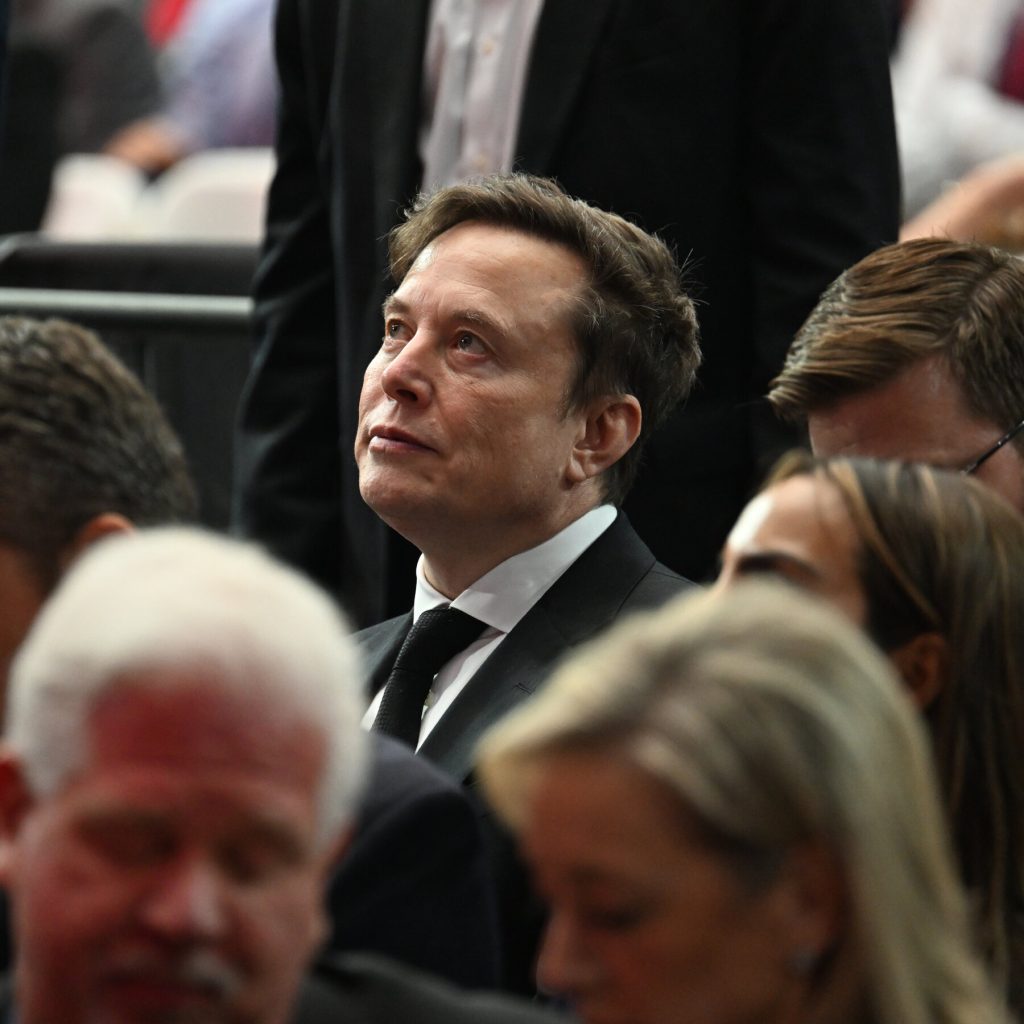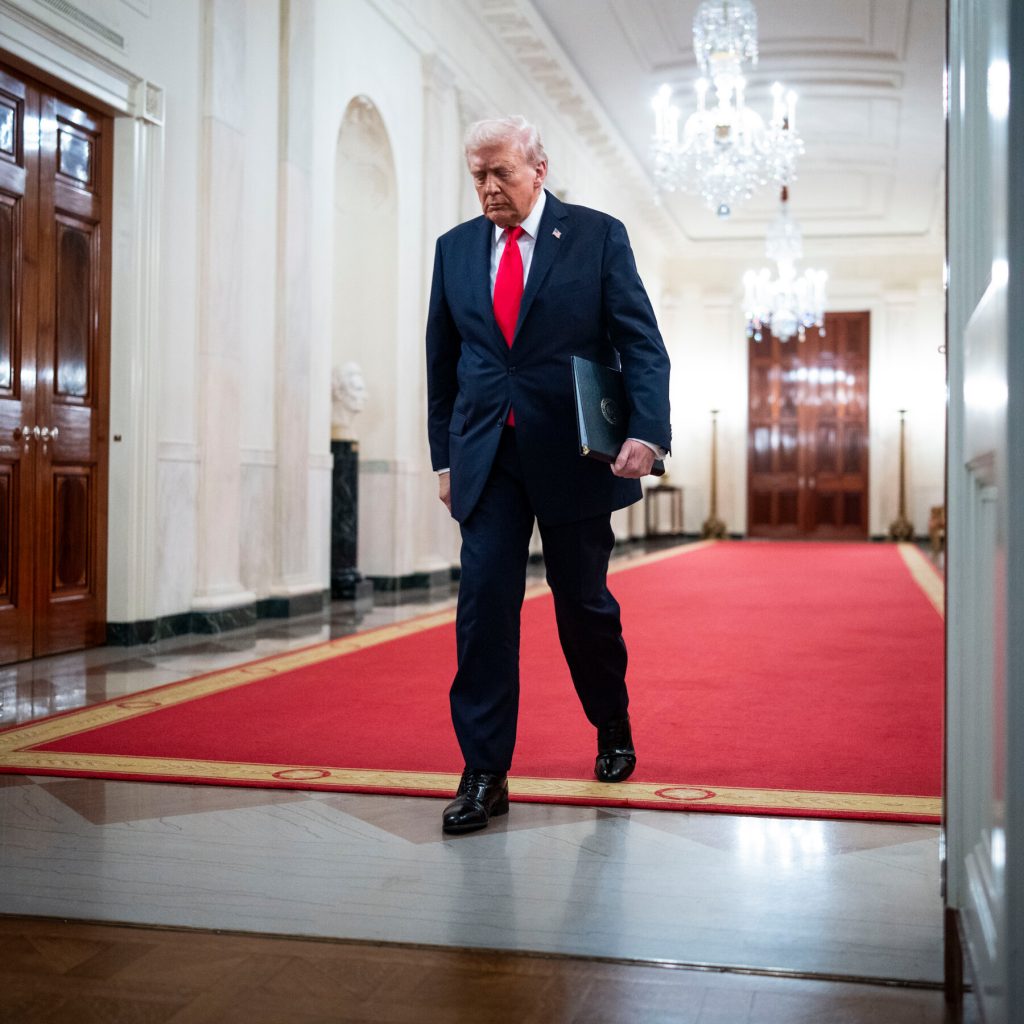The ‘Sleeper Issue’ at the Heart of Trump’s Trade War

A growing sense of unease is spreading throughout Southeast Asia as the ongoing trade tensions between the United States and China continue to escalate. At the heart of the issue lies a critical concern that has yet to be addressed by U.S. officials: how to determine the country of origin for imported goods. This seemingly technical question has significant implications for the region, as Southeast Asian nations fear being unwittingly caught in the crossfire of the trade war between the world’s two largest economies.
The Trump administration’s efforts to curb China’s economic influence have led to a series of tariffs being imposed on Chinese goods. However, the complexity arises when trying to define the origin of imports, particularly in cases where products are manufactured in China but contain components or raw materials sourced from other countries, including those in Southeast Asia. The uncertainty surrounding this issue has created anxiety among regional trade officials, who worry that their countries may be unfairly impacted by the U.S. trade policies.
The problem, often referred to as the “sleeper issue,” has the potential to disrupt the delicate supply chains that have been established across the region. Many Southeast Asian countries have invested heavily in building their manufacturing capabilities, often relying on imported components and raw materials to produce goods for export. If the U.S. were to impose tariffs on products deemed to be of Chinese origin, even if they contain significant components from other countries, it could have far-reaching consequences for regional trade and economic growth.
U.S. officials have thus far been tight-lipped about how they plan to address this issue, leaving Southeast Asian nations in a state of limbo. The lack of clarity has sparked concerns about the potential for unintended consequences, including the possibility of tariffs being imposed on goods that are not genuinely of Chinese origin. As the trade war between the U.S. and China continues to intensify, Southeast Asian countries are bracing themselves for the potential fallout, hoping that a resolution can be found to mitigate the impact on their economies.




Bu ticaret savaşının sonunda kimin zarar göreceği belli değil. Umarım bir an önce çözülür.
Trump’ın bu ticaret savaşıyla neyi amaçladığı hala belirsiz. Sadece zarar veriyor gibi görünüyor.
Southeast Asya ülkeleri gerçekten zor durumda. Umarım Amerika ve Çin bir anlaşmaya varır.
Ticaret savaşları hiçbir zaman kazanan taraf bırakmaz. Herkes zarar görür.
Bu haber beni gerçekten endişelendirdi. Umarım bir çözüm bulunur.
Sleeper issue gerçekten önemli bir sorun. Amerika’nın buna nasıl bir çözüm ürettiğini görmek ilginç olacak.
Umarım bu ticaret savaşları kısa sürer. Ekonomi için hiç iyi değil.